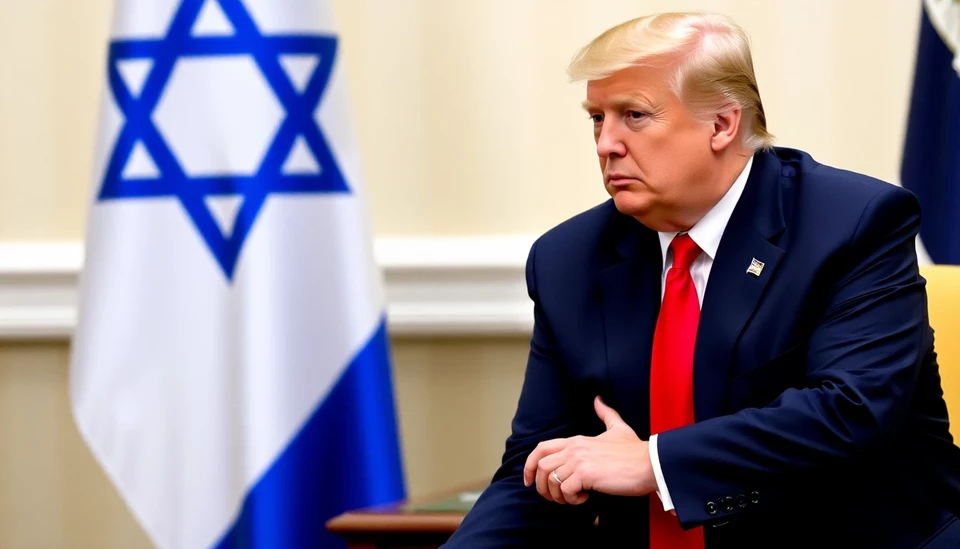
In a bold move signaling a shift in Israel's trade strategy, Prime Minister Benjamin Netanyahu has put forth a proposal seeking reductions on tariffs that affect goods imported from the United States. This initiative comes amidst ongoing discussions about enhancing economic cooperation between the two nations, particularly in the wake of the ongoing challenges posed by global trade dynamics.
During a recent press conference, Netanyahu expressed his commitment to not only reduce tariffs but also pave the way for a complete elimination of the trade deficit that currently exists between the U.S. and Israel. He stated, "We must take proactive measures to ensure our economic landscape on both sides is robust and mutually beneficial." This statement underscores the Israeli government's intention to reinforce its trade relationships with a key ally while aiming to boost its own economy.
At the heart of this initiative lies a mutual desire to expand trade agreements that have been beneficial historically. Netanyahu highlighted that while the trade ties between Israel and the United States have prospered, particularly in sectors such as technology and defense, there is still significant potential to increase bilateral trade volume and streamline processes that currently hold back progress.
In his proposal, Netanyahu noted that the tech sector, already a stronghold for Israel, could see accelerated growth if tariffs are lowered. He emphasized that the reduction of barriers would facilitate a closer alignment with U.S. industry giants, encouraging them to invest more in Israeli startups and technological innovations. "By fostering an environment where trade can flourish without heavy obstructions, we can encourage a wave of innovation and economic growth," he elaborated.
The Prime Minister's commitment is further bolstered by supportive economic analyses suggesting that both countries stand to benefit greatly from tariff reductions. Economists have pointed out that easing trade restrictions on both sides could lead to increased exports and imports, ultimately fostering enhanced economic vitality and creating job opportunities in various sectors.
Netanyahu's stance has garnered attention not only domestically but also abroad, as it indicates Israel's proactive approach to its trade policies amidst a backdrop of evolving global markets. There is a strong anticipation regarding how this proposal will resonate with U.S. lawmakers, particularly as the Biden administration emphasizes the importance of fair trade practices.
Observers speculate that Netanyahu's call for tariff breaks might also serve as a strategic negotiating chip in larger discussions regarding military and security assistance, points that often take precedence in U.S.-Israeli negotiations. The potential for a new trade agreement framework could also arise from this proposal, possibly being welcomed by industries in both nations that are keen on reducing costs and amplifying profitability.
As Netanyahu continues to navigate the complexities of international relations and trade policies, all eyes remain on the ensuing discussions in Washington. The outcome could not only reshape Israeli economics but may also send ripples through the global trade landscape as other countries evaluate their own trade relationships with the U.S. in light of these developments.
In summary, Netanyahu's proactive approach aims at fostering closer economic ties with the U.S. by advocating for lower tariffs and striving to eliminate the U.S. trade deficit. His vision reflects a broader commitment to ensuring a resilient and mutually advantageous economic partnership moving forward.
#Netanyahu #TradePolicy #USTradeDeficit #IsraelUSRelations #TariffReduction #EconomicGrowth #Innovation #BilateralTrade
Author: Laura Mitchell


